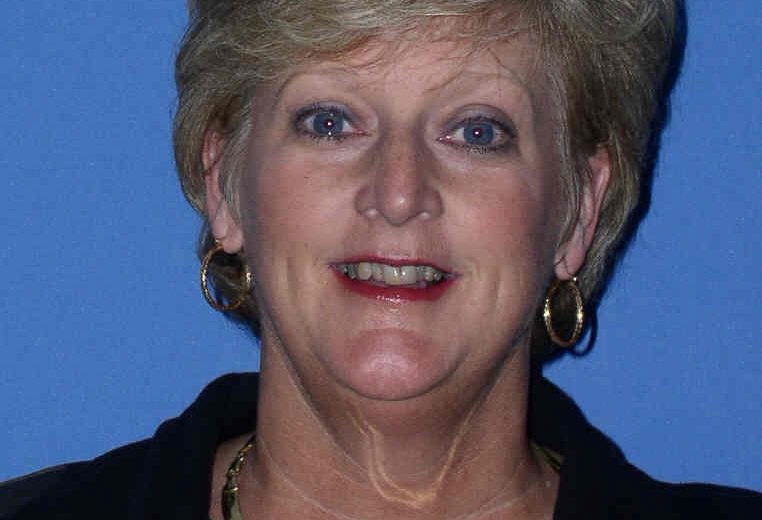
“Always remember that we are not guaranteed tomorrow,” says registered dietitian Judy Gill, MS, RD, LD, who considered this one of the most valuable lessons she learned during Hurricane Katrina in 2005. As the director of nutrition and food service at Wesley Medical Center in Hattiesburg, Miss., Gill saw first-hand the power of preparedness and cooperation. “Everybody can volunteer and pitch in whenever a disaster strikes, whether it is mopping up water due to a leak in the ceiling, helping in the dish room, handing out snacks in the emergency room or gathering food and supplies to be shipped off to areas that have been affected,” says Gill.
Wesley Medical Center was without main power and water for 36 hours and without a food truck for four days following the hurricanes. In order to make use of the food that was available, food service workers put aside meal appearance, balance and variety and focused on just feeding the hospital patients, staff (from Wesley and those who came to help from other hospitals) and volunteers. Fortunately, they were also able to work with a FEMA cook in a nearby city.
“Hospitals, especially the food service departments, need to have a plan and be prepared for any disaster,” says Gill, who adds that “just being there to listen to employees or victims concerns goes along way. Be available for whatever you can do or wherever you can go to assist.”
